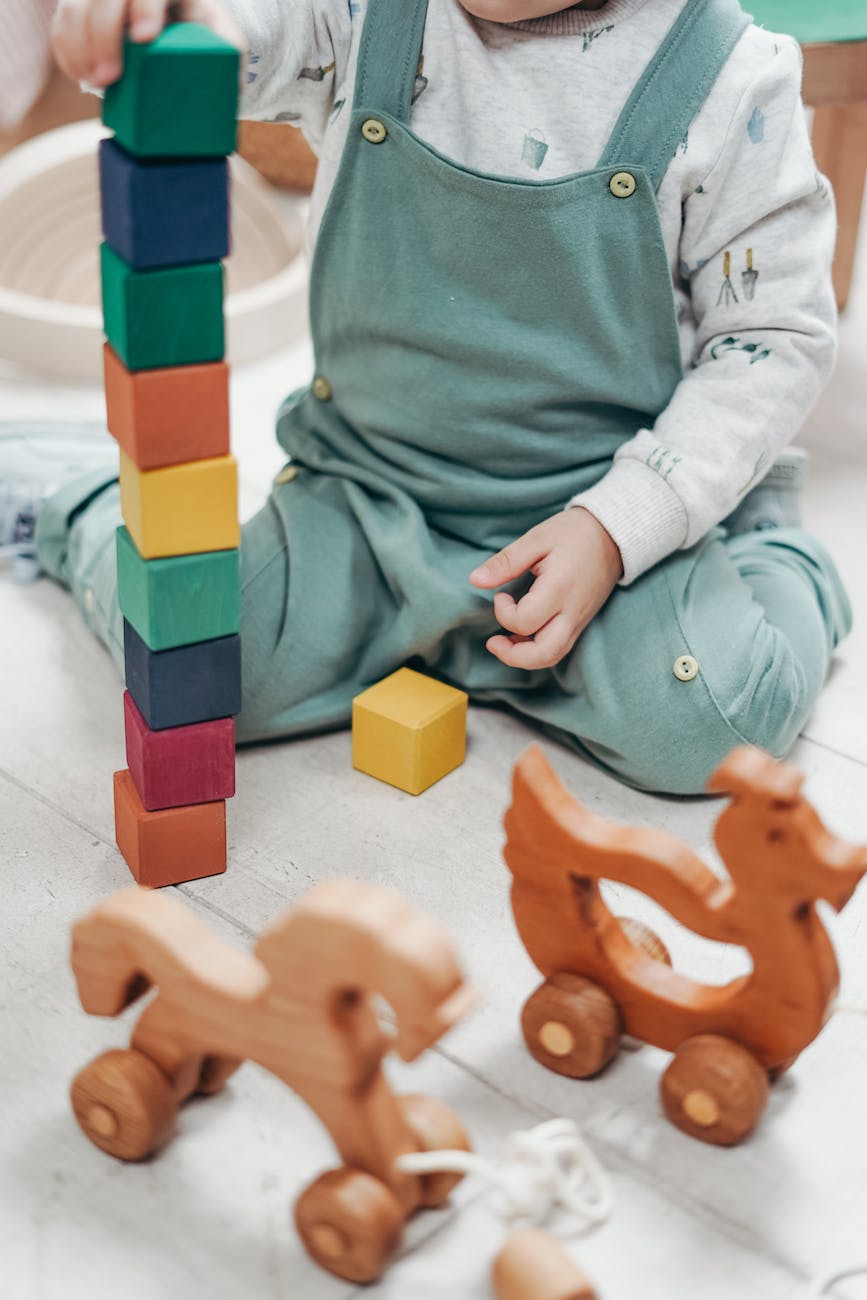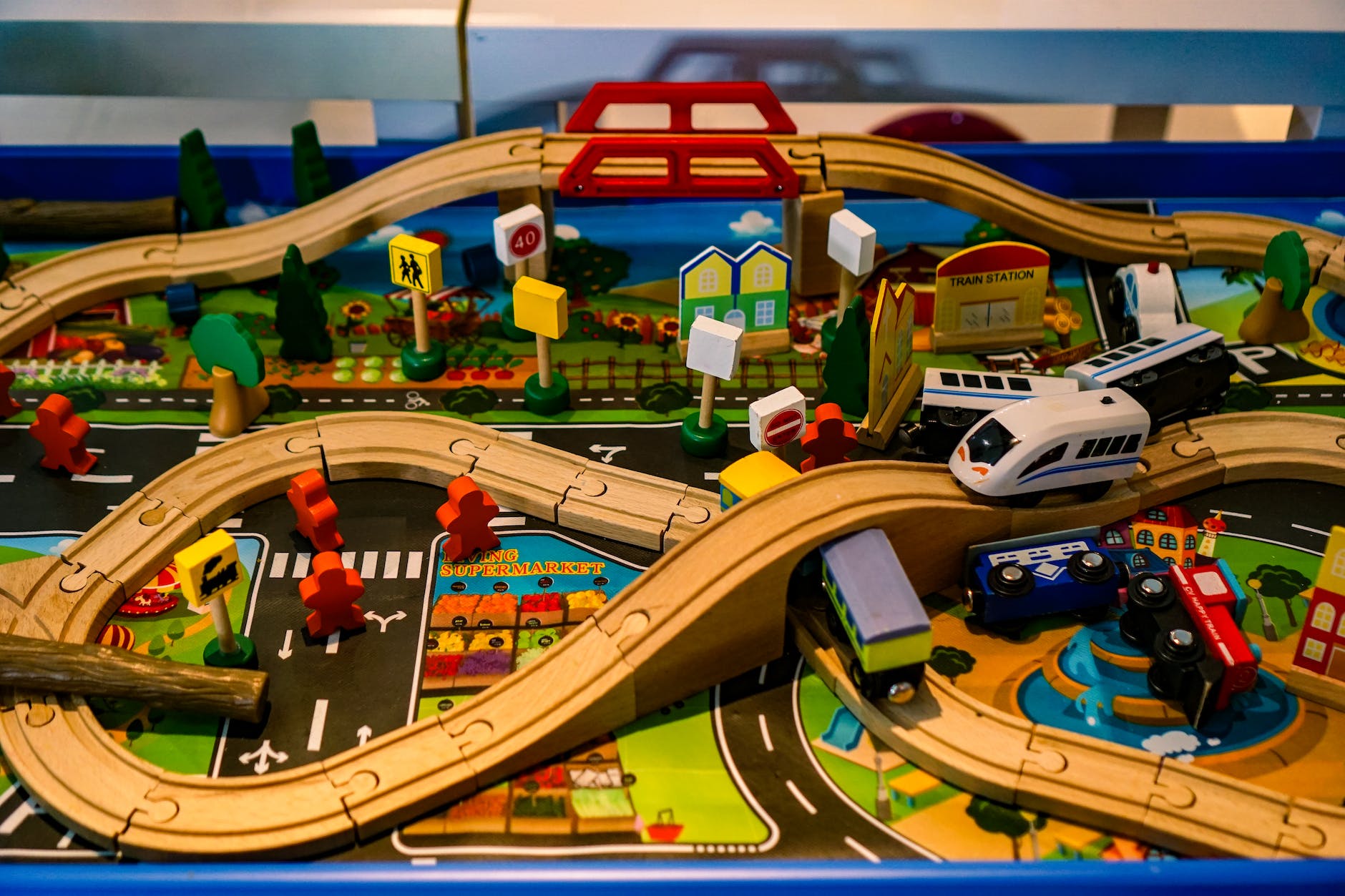Toys: A Vital Role in Child Development


Children's toys have always played a significant role in their development. Not only do they provide entertainment, but they also serve as powerful tools for educational play, fostering cognitive development, encouraging social interaction, and promoting creativity. From role-playing games to creative toys, the impact of these playthings on a child's growth cannot be underestimated.
Educational Play and Learning Through Toys
One of the most valuable aspects of children's toys is the educational opportunities they offer. Many toys are specifically designed to stimulate learning, enabling children to acquire new skills and knowledge through play. Whether it's a puzzle that challenges their problem-solving abilities or a building set that enhances their spatial awareness, educational toys empower children to learn while having fun.
Toys and Cognitive Development
Toys are essential for cognitive development in children. They engage young minds, helping them develop critical thinking and decision-making skills. Through interactive toys, children learn about cause and effect, understanding that their actions can produce specific outcomes. Additionally, toys that promote counting, sorting, and pattern recognition contribute to the development of mathematical and logical thinking.
Role-Playing Games and Social Interaction
Role-playing games, such as dollhouses or toy kitchens, play a vital role in fostering social interaction among children. By engaging in imaginary scenarios and assuming roles, children learn to communicate, negotiate, and collaborate with others. These games allow for the development of essential social skills, empathy, and the understanding of different perspectives.
The Significance of Creative Toys
Creative toys, such as art supplies or building blocks, encourage self-expression and imagination. By exploring different mediums and materials, children develop their creativity and learn to think outside the box. Creative toys provide an outlet for emotional expression, enabling children to express their thoughts and feelings in a safe and constructive manner.
Choosing Age-Appropriate Toys
When selecting toys, it is crucial to consider their age appropriateness. Each stage of a child's development requires toys that match their physical and cognitive abilities. Age-appropriate toys support children's learning process, providing the right level of challenge to promote growth while ensuring their safety.
Collectable Toys: A Source of Wonder
Collectable toys often hold a special place in a child's heart. These toys can spark a sense of wonder and excitement as children build their collections, fostering organization skills and a sense of pride in their accomplishments. Collectable toys can also serve as educational tools, teaching children about historical figures, cultural diversity, and the importance of preserving valuable items.
Ensuring Toy Safety
While toys contribute to child development, it is crucial to prioritize their safety. Manufacturers and parents must ensure that toys meet stringent safety standards, including non-toxic materials, sturdy construction, and appropriate size to prevent choking hazards. Regular inspections and age-appropriate warnings are necessary to safeguard children during playtime.
Children's toys hold immense power in shaping their development and preparing them for the future. Through educational play, cognitive stimulation, social interaction, and creative expression, toys become invaluable companions in a child's growth journey. By choosing the right toys and ensuring their safety, parents and caregivers can nurture children's curiosity, imagination, and overall well-being.